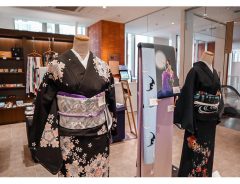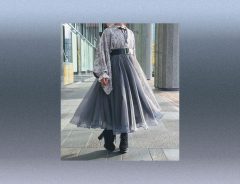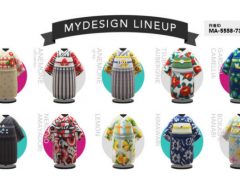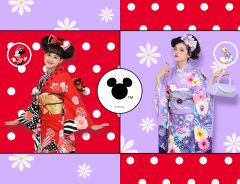
Source: プラナ / PIXTA(ピクスタ)
‘For Those Who Want to Birth Biracial Children’ Controversial Kimono Advertisement Resurfaces on Japanese Twitter
- Tags:
- Kimono / Social Issues / women's issues
Related Article
-

What is ORIOBI?Reviving Japan’s treasures through beautifully recycled OBI
-

“Kimono retreat hotel” to open in Yamagata Prefecture in spring 2021
-

Somemoyou kimono & obi illustration exhibition: When modern meets traditional [report]
-

Kimono fashion enthusiast’s layered skirt-over-kimono look earns praise online
-

Popular Japanese textile maker releases beautiful yukata designs for Animal Crossing
-

Dress up in Disney-themed kimonos for a fairytale photoshoot with a Japanese twist


There’s many reasons people wear kimono. Maybe they are attending a traditional event or festival. Perhaps they’re doing a photoshoot, or it may even be required in their workplace. But most likely, they probably just like how it looks.
Something that doesn't usually cross a woman’s mind when picking out a new kimono is that she wants to give birth to a biracial child and wearing a kimono will attract a foreign man. But surprisingly, that’s one of the lead ideas expressed by kimono retailer Ginza Iseyoshi’s advertising campaign.
The campaign is actually from 2016, but it resurfaced again on social media recently and became a trending topic on Twitter. Many commenters have taken offence at the outdated, discriminatory and, frankly, bizarre angle taken.
One of the posters in the controversial set shows a young woman in a beautiful kimono walking on a crosswalk, and the accompanying text is a jarring read. ‘For those who want to give birth to a half (biracial) child’.
The term used in Japanese is ‘half’ (haafu), an English loanword which specifically refers to a person with one Japanese parent and one non-Japanese parent.
Many people wondered where this supposed link came from between wearing a kimono and finding a foreign national willing to father your child.
Apart from that, commenters were also offended at the implication that women particularly want a biracial baby, as if it’s some sort of accessory or status symbol rather than a human being.
We are not pets or dolls.
Can you even imagine this humiliation?
So sick of this.
The above tweet links to a page which is now deleted on Iseyoshi's site. The screenshot shows that the female copywriter who wrote this advert won a rookie award from Tokyo Copywriter's Club for it in 2016.
Another one of the posters claims that ‘the amount of men who hit on you will decrease. But those who do will have a higher salary.’
This copywriting has also been widely derided as missing the mark. Implying not only that women dress in a particular way to attract men, but additionally that they judge these men based on their salary. It seems pretty out of touch with modern times.
The meaning of ‘for those who want to give birth to a biracial child’ is so ambiguous, but if you look at the other phrase you start to get it.
‘The amount of men who hit on you will decrease. But those who do will have a higher salary.’
Shocking.
They seem to want to say it’s a good thing if you wear a kimono and get hit on by foreigners and rich men.
I’m offended by every part of this.
The overall message of ‘rich men and foreigners are attracted to women in kimono’ boils down to the archaic idea that when choosing what to wear, women care most about what men think. Kimono-lovers on Twitter were saddened to see the brand completely misunderstand and mischaracterise their customer base in such an offensive manner.
I can’t believe a woman wrote Hakuhodo’s Ginza Iseyoshi ad. It’s scary to think that there’s still women who think fashion is just a way to attract men. If that’s your goal personally it’s fine, but I hate it when people think all of us are wearing clothes just to get men. Why is it like this?
As many pointed out, rather than having a strange ulterior motive concerning the ethnic make-up of their future offspring, most people really do just wear a kimono because they love how it looks.